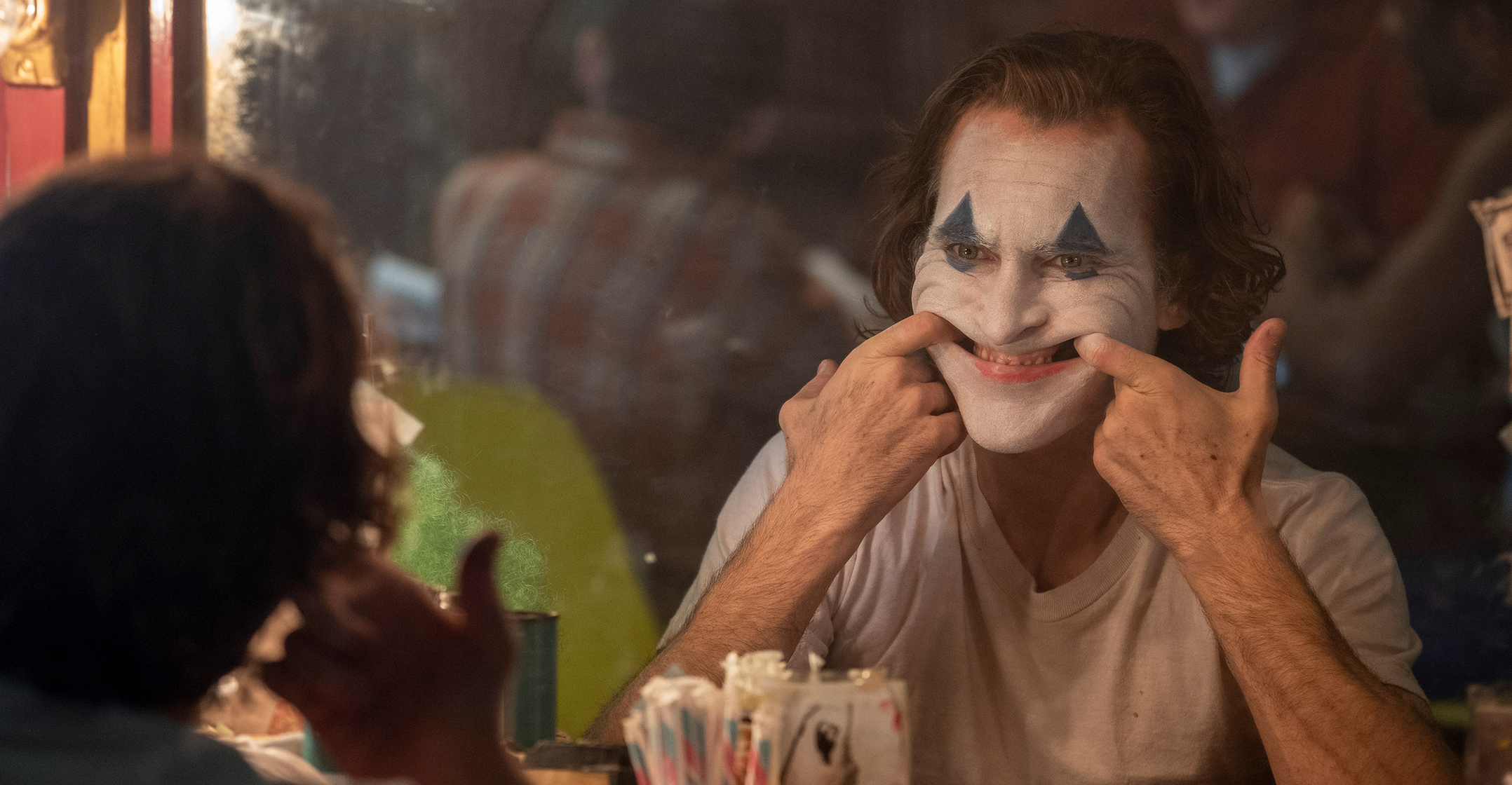
From the usual blockbuster fare to disquieting horror films to career highs from celebrated auteurs like Quentin Tarantino and Martin Scorsese, 2019 offered plenty of variety at the movies. Here’s TechCentral’s annual look back at the best of films of the year based on South African theatrical release dates.
 Joker
Joker
Anchored by Joaquin Phoenix’s tormented version of the clown prince of Gotham, Joker re-imagines Batman mythology in a more grounded setting. Director Todd Phillips’ origin tale for Batman’s nemesis is set in a Gotham City that resembles the New York of the 1970s — or, at least, its depiction in the cinema of the 1970s — and styles itself as a dark drama rather than an action film.
Phillips is perhaps a little too awed by his influences — Fight Club, A Clockwork Orange and, especially, Martin Scorsese’s Taxi Driver and King of Comedy — to break out with a vision of his own; his script is also shallower and less focused as those of the films he imitates. But he deserves credit for coaxing a great performance out of Phoenix and for creating a comic book-inspired film that dares to divide and provoke its audience.
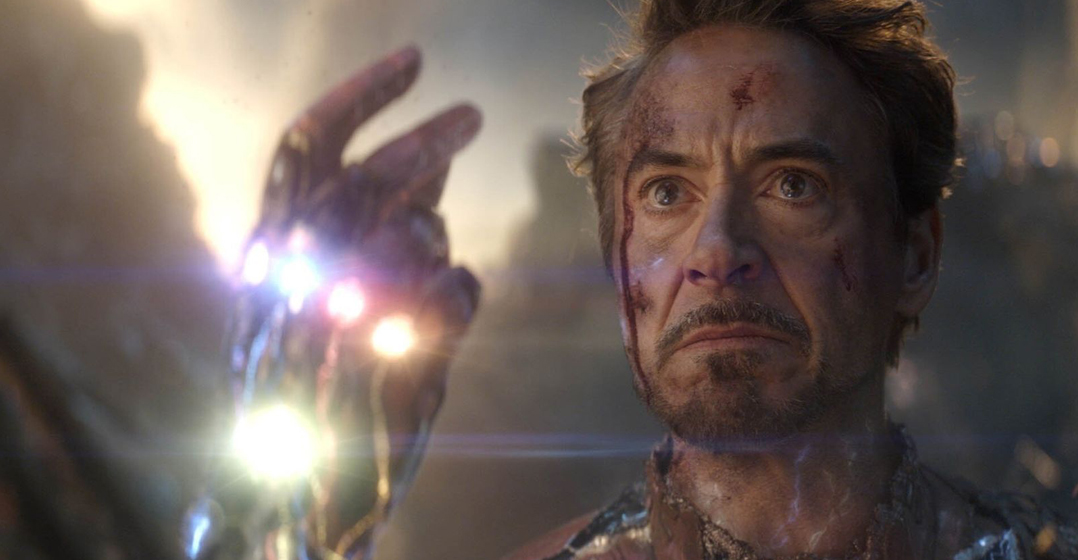
 Avengers: Endgame
Avengers: Endgame
Disney may have allowed the latest Star Wars trilogy to limp to a timid conclusion this year, but the long-running Avengers saga avoids the same fate as it picks up from the cliff-hangers of Avengers: Infinity War. The Russo brothers don’t skimp on the fan service, giving most of the Marvel Cinematic Universe (MCU) heroes their moment of glory. Yet they also manage to colour the film with a sense of urgency and high stakes that is all too often missing from the MCU. The quiet character moments are as much of a joy as the FX-heavy set pieces. The result is an exciting, cathartic and satisfying conclusion to the Marvel Infinity story.
 Toy Story 4
Toy Story 4
The cynics have questioned the need for each Toy Story sequel over the years, and yet, each of them feels less like a cynical cash-in on a beloved franchise and more like an indispensable addition to the most consistent series of animated films of all time. Toy Story 4 is one of Pixar’s most best films for years — rekindling the magic of the animation studio’s output in the 2000s when it could do no wrong. Warm, joyous, moving and funny, it’s a wonderful send-off for the franchise.
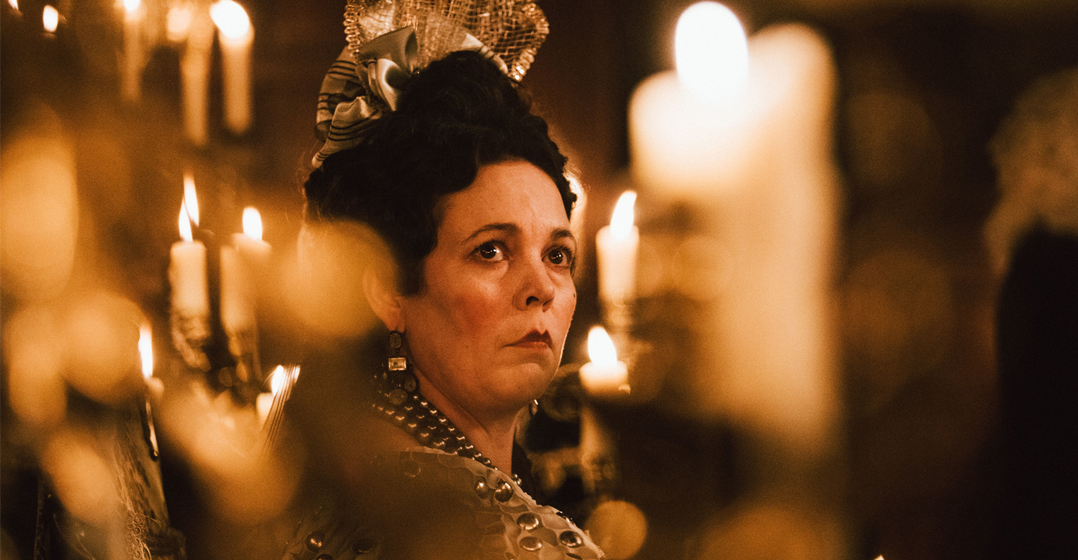
 The Favourite
The Favourite
Surrealist Greek director Yorgos Lanthimos brings his signature weirdness to this black comedy, set in the rein of Queen Anne. Delirious, viciously barbed and frequently funny, this unconventional period film is hard to watch and yet it is equally difficult to look away. There’s a trio of terrific performances from Olivia Colman as the petulant Queen Anne and Emma Stone and Rachel Weisz as the two women waging war for her affections.
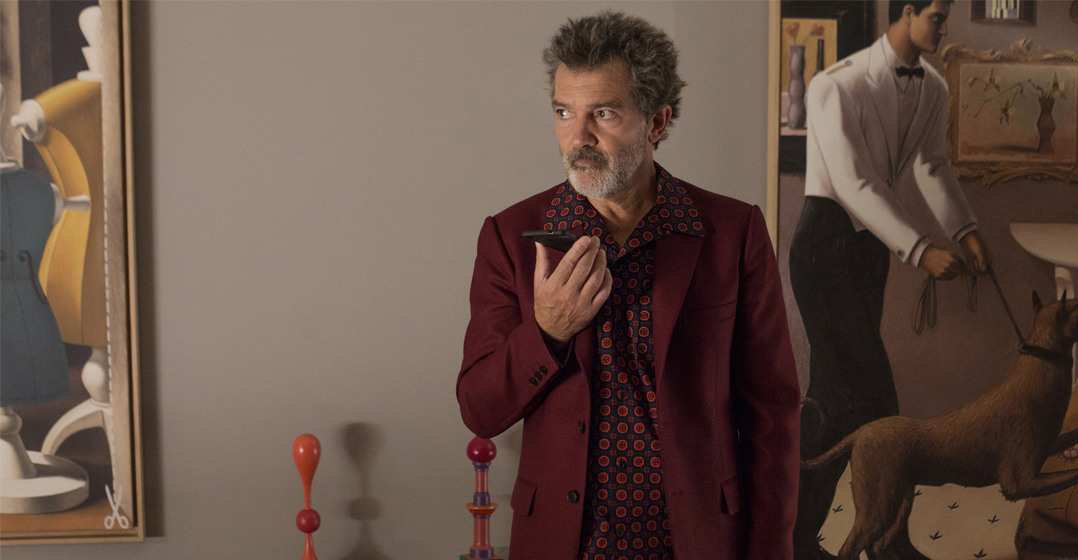
 Pain and Glory
Pain and Glory
Pedro Almodóvar channels Fellini’s 8½ in his film about an ageing director making sense of his life and art. Antonio Banderas — one of Almodóvar’s frequent collaborators over the past three-and-a-half decades — turns in a brave performance as a man in physical decline looking back on his career. It’s a melancholy, thematically rich examination of Almodóvar’s own work and a moving meditation on time and memory.
 John Wick Chapter 3 – Parabellum
John Wick Chapter 3 – Parabellum
The third John Wick film ups the action ante yet again with a series of stylish set pieces and ferocious combat sequences. As with the first two films in the series, the fight choreography and the stunt work are elaborate and flawless, the action scenes hit hard, the production is lavish and the humour is sly. The plot hardly matters, though it is somewhat disappointing that director Chad Stahelski leaves the door open for another sequel rather than taking the opportunity to conclude the John Wick saga while it’s on top of its game. Still, Stahelski once again proves that he should be counted among the greats of action filmmaking.
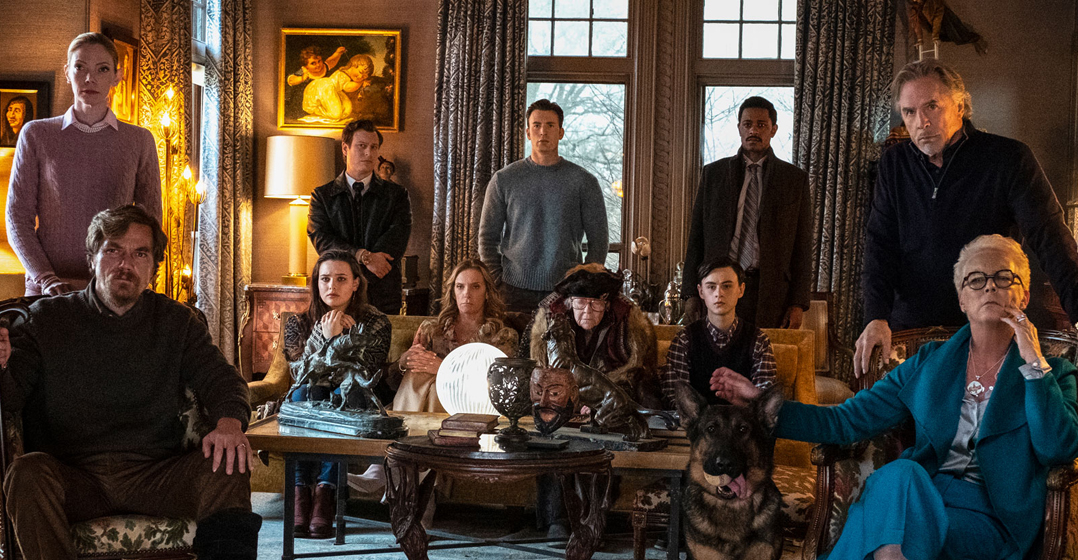
 Knives Out
Knives Out
Following a turn at the helm of Star Wars with the divisive The Last Jedi, director Rian Johnson goes back to making gently subversive genre films with a mischievous take on the Agatha Christie-style whodunnit. An ensemble cast — including a testy Jamie Lee Curtis, a scenery-chewing Michael Shannon and Chris Evans playing against type as the family black sheep — makes a meal of the witty and twisty script.
But it is Daniel Craig as a Kentucky-fried Hercule Poirot and Ana de Armas as a nurse who vomits if she fibs who have the most fun of all. Knives Out manages a careful tonal balance, staying just on the right side of caricature with its outrageous characters, handsome production design, verbose verbal jousting and labyrinthine locked-room plot.
 Us
Us
Jordan Peele follows his 2017 breakthrough Get Out with another stylish psychological horror film. The masterful pacing, lashings of satire and macabre humour, and astute scripting elevate this doppelganger story into something sharper and smarter than its Twilight Zone-like premise might suggest.
Peele piles on the tension as a likeable family is terrorised by sinister, red overalled doubles, come to take what they believe to be rightfully theirs. The shrewdest 1980s pop culture references outside of Stranger Things, hallucinatory visuals and pitch-perfect performances — especially from Lupita Nyong’o and Winston Duke — help turn Us into one of the strangest and best genre movies of the year.
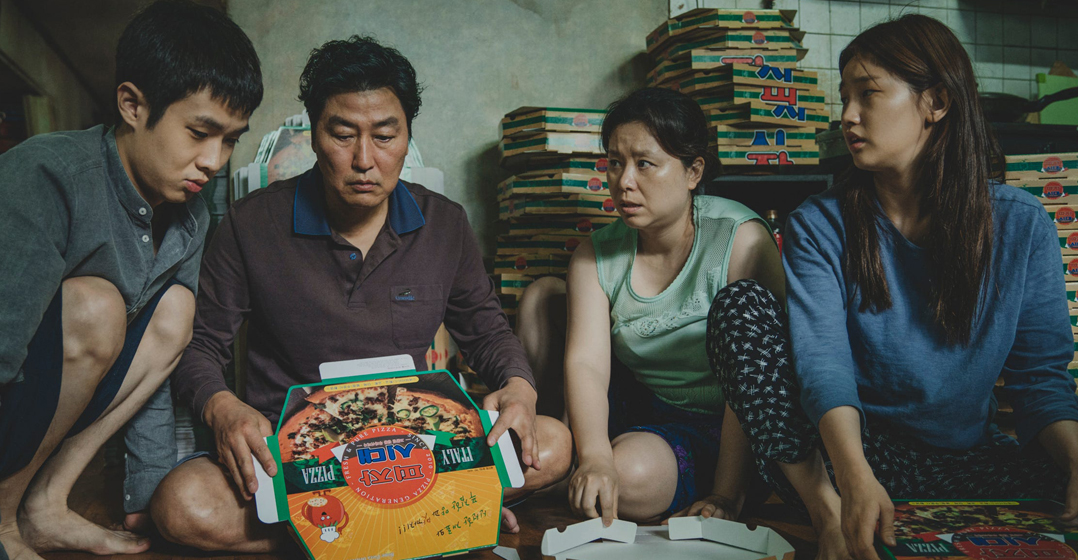
 Parasite
Parasite
Parasite is another pitch black, genre-bending allegory about class warfare from Bong Joon-ho, the audacious South Korean filmmaker responsible for Snowpiercer. It centres on the power play between an affluent household and the dirt-poor family who embed themselves in its bosom. Joon-ho keeps the audience wrong-footed throughout the film’s two-hour running time as sympathies swing between the families and as he shifts narrative gears between con caper, social satire, dark comedy and visceral thriller. It’s grimly funny and uncomfortable to watch, a movie from a filmmaker skilled enough to bring wildly diverging tones together in a shattering denouement.
 Once Upon a Time in Hollywood
Once Upon a Time in Hollywood
Quentin Tarantino’s ninth film is a return to form following 2015’s self-indulgent and uneven The Hateful Eight. As the name implies, it’s both a Western and a fairy tale set in a romanticised version of the Hollywood of the 1960s — a smart, wry love letter from Tarantino to the films and TV series that shaped his youth.
At least until an explosion of ultraviolence at the end, it’s a mellower and more restrained film than anything Tarantino has made before, except perhaps Jackie Brown. Leonardo DiCaprio as a none-too-bright TV actor whose star is fading and Brad Pitt as his street smart stunt double turn in droll performances that are near-career bests, and there are amusing supporting roles of the likes of Kurt Russell and Al Pacino, too.
Streaming film of the year: The Irishman
Netflix’s feature films are more miss than hit, but every now and then, it hits one out of the park as it did with last year’s Annihilation. Bankrolling Martin Scorsese’s latest crime epic turned out to be an inspired move for the streaming service. At first, it feels like Scorsese by the numbers — a masterclass in how to make a Scorsese film for the many pretenders who have made pale imitations of Goodfellas and Casino over the years.
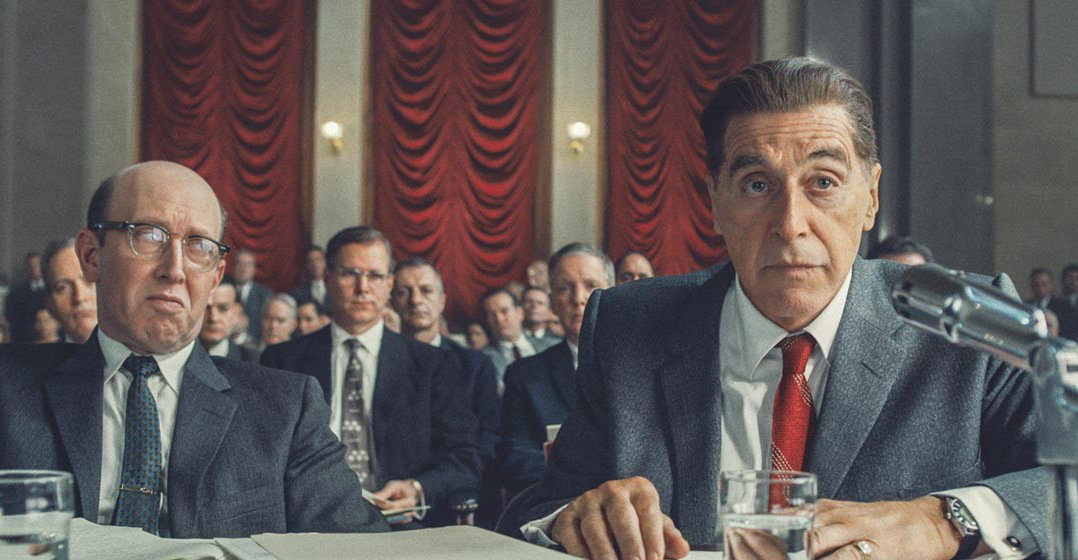
Then, a poignant, quietly devastating ending puts not only the film, but the many gangland movies Scorsese has made over the years, into a new light. The CGI trickery used to de-age Al Pacino, Joe Pesci and Robert De Niro is briefly distracting, but soon fades into the background thanks to the actors’ powerhouse performances. Sardonic, moving and beautifully shot, this would be a fitting way for Scorsese to end his career if he chose not to make another film. — (c) 2019 NewsCentral Media




